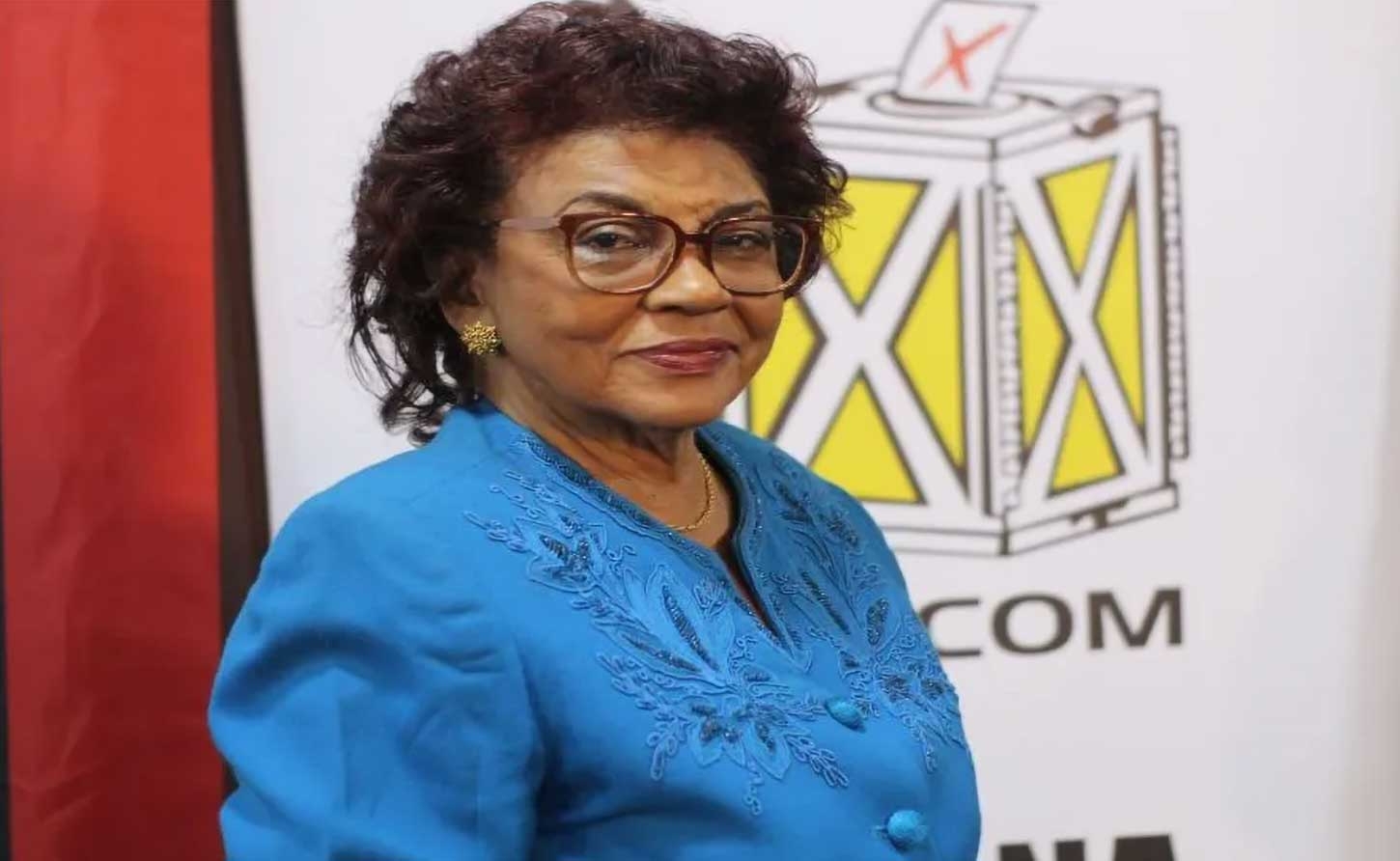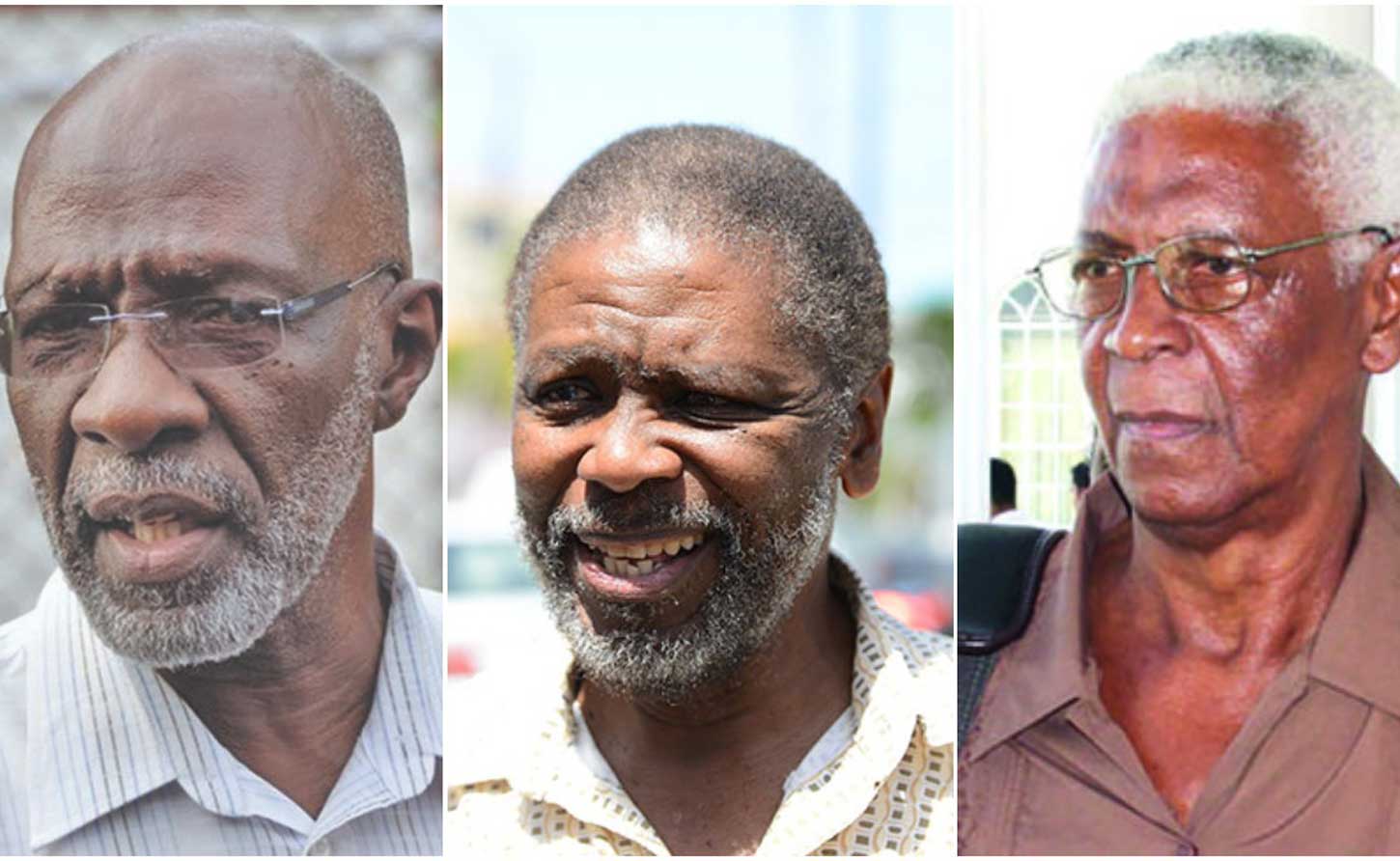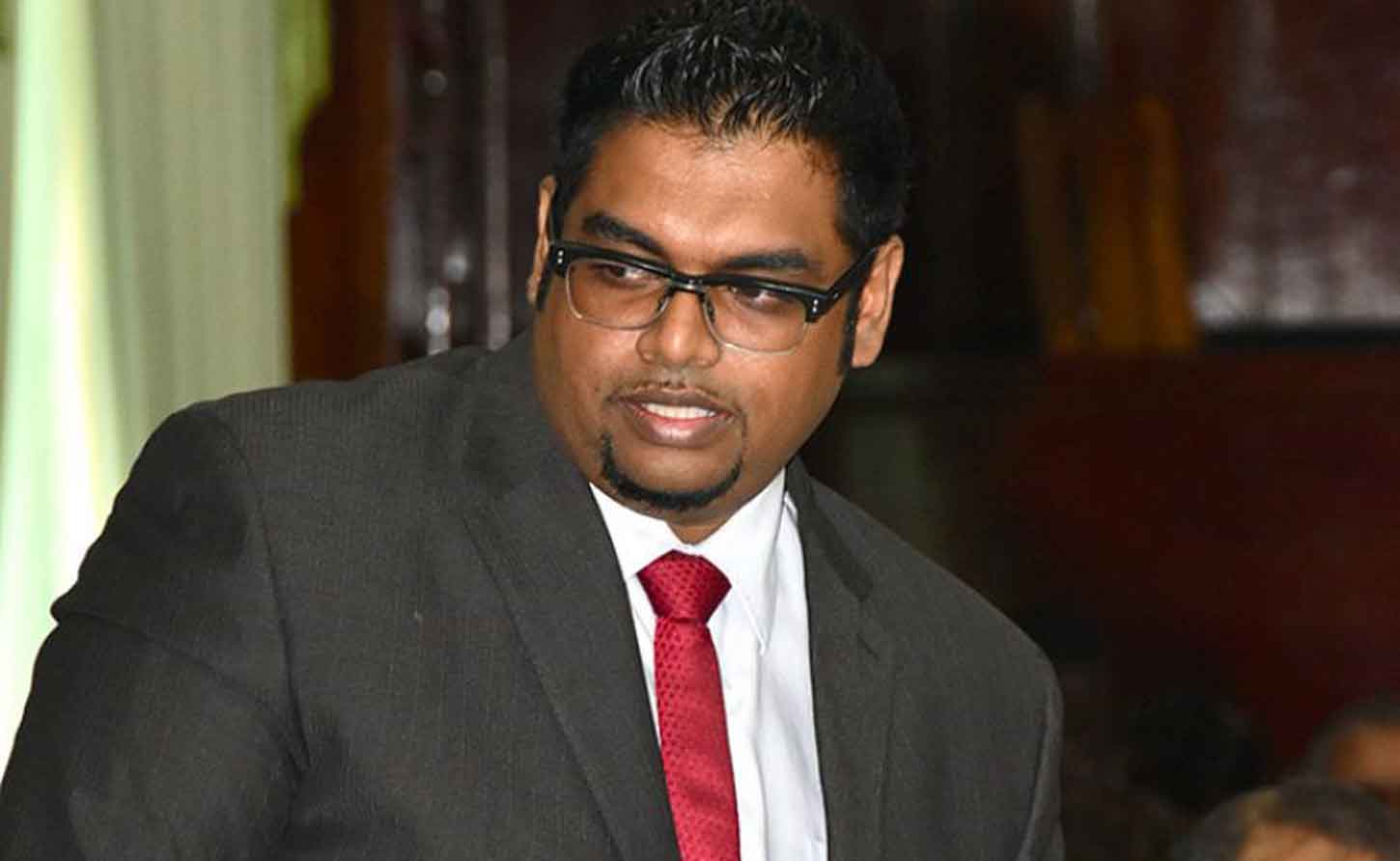GUYANA | WPA Flays GECOM's Election Date Controversy

GEORGETOWN, Guyana, May 27, 2025 - The stench of electoral manipulation has returned to haunt Guyana. In a blistering statement released Tuesday, the Working People's Alliance (WPA) accused the Guyana Elections Commission (GECOM) chair of acting unilaterally in advising President Irfaan Ali that September 1 would be suitable for the country's upcoming general and regional elections.
According to the WPA, even government-aligned commissioners were allegedly kept in the dark—what the opposition party describes as a procedural coup that reduces GECOM to little more than a presidential rubber stamp.
The WPA's assessment is damning but difficult to dispute: Justice Claudette Singh has effectively handed over the election process to President Ali and the People's Progressive Party, the party charged.
Opposition commissioners Vincent Alexander, Charles Corbin, and Desmond Trotman revealed they learned of the September 1 date only when the President announced it during his Independence Day address—a humiliation that speaks volumes about their marginalization within the commission they're supposed to help lead.

When confronted with this timeline gymnastics, GECOM scrambled to craft a new work plan that compressed the previously estimated timeframe by 21 days—a feat of electoral engineering that would be impressive if it weren't so transparently partisan political.
This is not mere administrative efficiency; it's institutional capture in broad daylight, the WPA argues. The fundamental principle that GECOM determines its own readiness has been torpedoed by a chairperson who appears more concerned with accommodating presidential preferences than maintaining electoral integrity, the party contends.
While the President undoubtedly has the constitutional authority to set election dates, GECOM's role is to ensure those dates align with the commission's capacity to deliver credible elections—not to retrofit reality to meet political convenience.
"WPA sees this as nothing short of political recklessness," the party stated in its release. "Confidence in GECOM's ability to deliver impartial and credible elections is already at an all-time low."

The WPA's statement comes at a particularly volatile moment. The controversy follows the unresolved Adriana Younge crisis—where an 11-year-old girl's death at a controversial hotel sparked national protests and exposed deep institutional failures.
Despite official conclusions that Younge died by drowning with no evidence of foul play, public trust in official investigations remains shattered, creating a combustible backdrop for an already compromised electoral process.
"Coming on the heels of the unresolved crisis emanating from the death of Adriana Younge, GECOM and the president seem determined to turn the upcoming election into yet another flashpoint for national instability—a development our country can ill afford," the WPA stated.
The opposition commissioners have been reduced to what the WPA calls "aliens in GECOM"—present in name but absent from meaningful decision-making. "WPA expresses its full solidarity with the opposition-nominated commissioners who have had to bear the indignity of being treated as aliens in GECOM," the party declared. This treatment represents more than procedural discourtesy; it signals the complete breakdown of the consensus-building that democratic institutions require to function.
"If the decision on the date is being manipulated to fit the ruling party's agenda, how would the process going forward and the eventual outcome escape that curse?" the WPA asked pointedly in its statement. The answer appears increasingly grim. When a commission chair prioritizes presidential preferences over institutional independence, and when fundamental decisions are made without consultation with opposition-nominated commissioners, the entire democratic edifice begins to crumble.
The WPA also called on international observers to take action: "We again call on the international community and CARICOM to use their influence to stop the political carnage. These forces owe it to the Guyanese people, given their central role in the developments surrounding the last election. Their inaction in the face of a clear and present danger is inexcusable. They must move beyond words."
The international community and CARICOM, which played crucial roles in resolving Guyana's 2020 electoral crisis, cannot remain silent spectators to this unfolding disaster, the WPA argues. Their intervention then helped prevent democratic collapse; their inaction now risks enabling it.
The WPA's conclusion is stark: "WPA's conclusion is that she [Justice Singh] and by extension the majority of the commission have committed willful suicide. We would be hard-pressed to urge confidence in the integrity of these elections."
GECOM's failure to meet basic standards of transparency and consultation has created what the WPA accurately describes as "a clear and present danger" to Guyana's democracy. The commission may be technically ready to conduct elections by September 1, but readiness and credibility are not synonymous. An election conducted by a compromised commission, on a date determined through partisan manipulation, cannot deliver the legitimacy that democratic governance requires.
The WPA's loss of confidence in GECOM is not partisan grandstanding—it's a rational response to institutional capture. Whether the election occurs in September or November matters less than whether it can command public confidence. On that crucial measure, GECOM under Justice Singh's leadership has already failed.
Guyana stands at a crossroads where institutional integrity hangs in the balance. The choice is stark: restore genuine independence to the electoral process or watch democracy die by a thousand bureaucratic cuts. Based on current trends, the prognosis is anything but optimistic.
